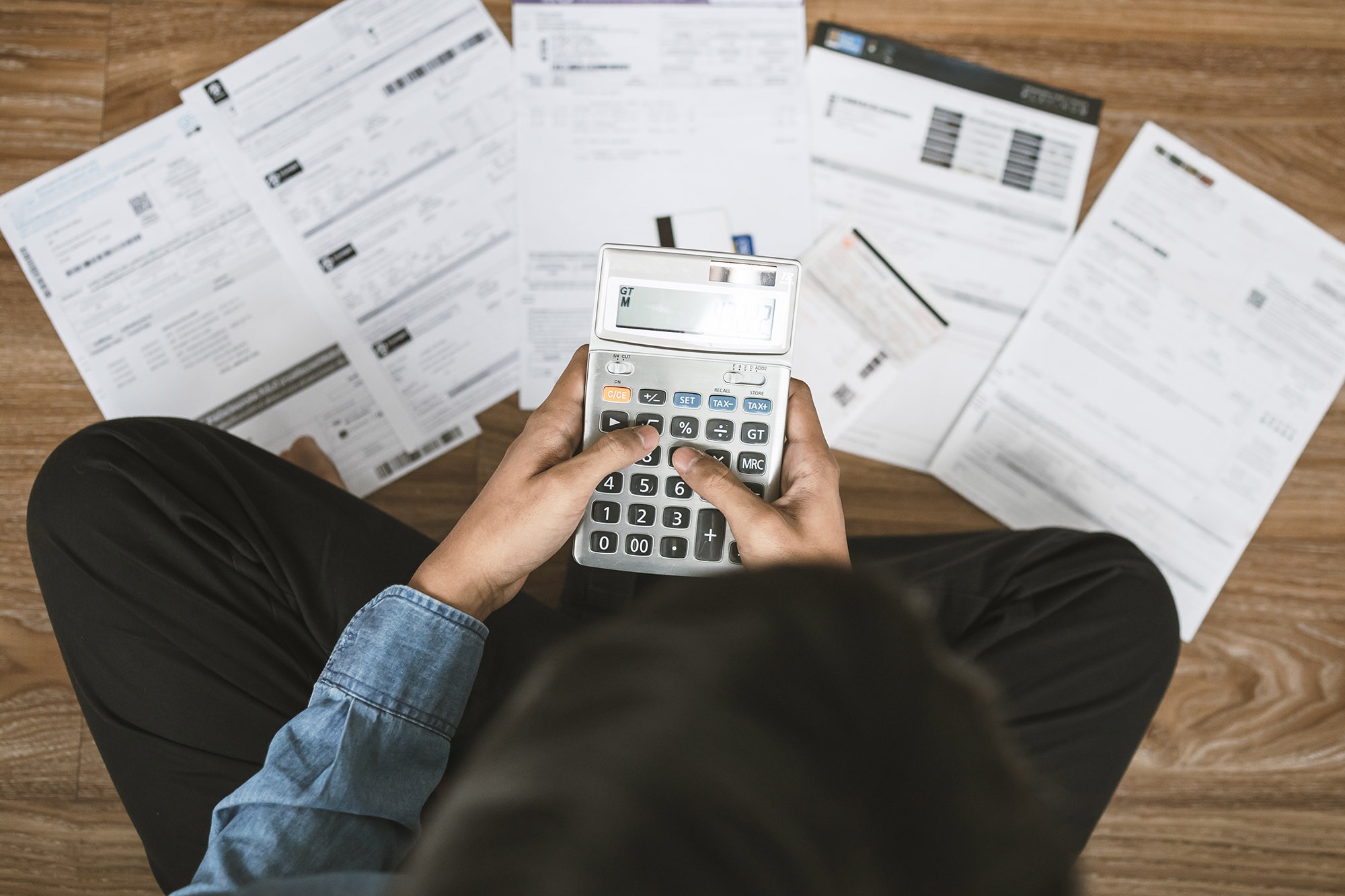Filing Bankruptcy With a Car Loan: What Happens Next?
Understanding the rules and regulations of bankruptcy law could help you retain your car.
 Adobe
Adobe
QuickTakes:
The bankruptcy system has several options that may help filers keep their vehicles, even if they still owe money on the loan used to purchase them.
Depending on your current car loan situation, your options could include a new payment plan or working with a lawyer to identify your exemptions. Understanding your options can help you prepare to file and keep possession of your car.
What Happens to Your Car Loan if You File for Bankruptcy
When you decide that bankruptcy is the right choice for your financial situation, the equity you have in your vehicle might determine what happens to your car loan. Think of equity as what you or your lender would make if your car was sold right now. Essentially, it's what you currently owe on your loan subtracted from your car's current value.
Whether or not you get to keep your car will depend on if your equity falls within the exemptions offered by your state. Exemptions are exceptions to bankruptcy law that protect property from being used to pay debts, provided it's worth less than a certain amount of money.
If your equity is less than the exemption, you might be able to keep your vehicle and continue to pay down your loan. If your equity is higher, your bankruptcy trustee may have to sell your vehicle and offer you a lower sum of money in exchange to help you purchase a vehicle with equity inside the exemption limits.
Understanding Bankruptcy Vehicle Exemptions
Vehicle exemptions offer you a chance to protect your vehicle from repossession. Your exemptions will vary by state, including whether you're eligible for federal or state exemptions. You will likely have to choose only one exemption option, as you can't mix and match between federal and state.
Currently, federal vehicle bankruptcy exemptions are set at $4,450 for motor vehicles. State exemptions may be more or less than this amount, so check your state's laws to see if you qualify or can choose one over the other.
For example, if your car is currently worth $5,000 and your state's vehicle exemption is $6,000, that means it's worth less than the exemption and you can keep your car. If your vehicle is worth more than the exemption, you could also qualify for the "wild card" exemption, which is a more complex exemption used to protect any non-qualifying property. Navigating these exemptions can be a difficult process, so consider seeking legal assistance.
How to Potentially Keep Your Car Under Chapter 7
Chapter 7 bankruptcy, also known as liquidation bankruptcy, is a method that sells your non-exempt assets to pay back your debt. While keeping your vehicle under Chapter 7 may take some research, it's not impossible. There are two key ways to keep your vehicle:
- Redeeming involves paying the difference on your current car loan, resolving your debt, and making you the owner of your vehicle. This allows you to keep your vehicle, even if it's over the exemption limit. However, redeeming your vehicle can be costly and typically unfeasible when filing for bankruptcy.
- A reaffirmation agreement is a new contract with a strict payment plan. Even if your lender agrees to this method, the bankruptcy court must determine that you can afford to fulfill your agreement before approving it. If you fail to make the payments, your lender will likely repossess your vehicle.
Keeping Your Car When Filing Chapter 13 Bankruptcy
When filing for Chapter 13 bankruptcy, you agree to a repayment plan for your unsecured debts. This plan takes into account your current income and assets, including your vehicle equity, which is factored into your repayment terms.
Unlike Chapter 7, however, this plan focuses on helping you keep your current assets. This means you will most likely be able to keep your car as long as you stay up to date with your loan payments.
Chapter 13 is especially effective if you have a high amount of equity in your vehicle, as there will be fewer payments for you to catch up on. Under Chapter 13 rules, the bankruptcy court may even lower your current payment by reassessing your vehicle's value. If you've owned your vehicle for more than 910 days, the court can adjust your payment based on your vehicle's current value, not the original loan amount.



